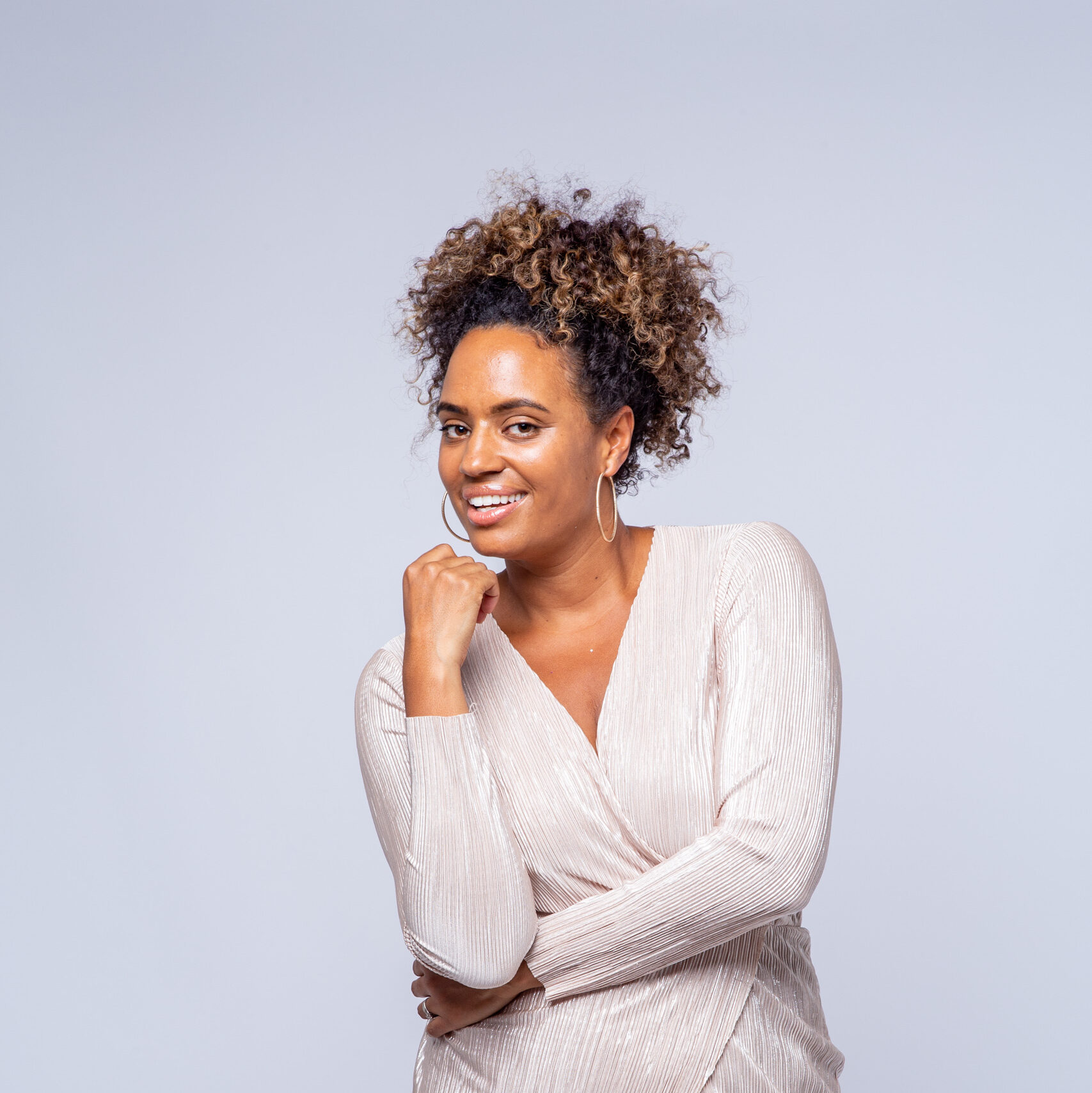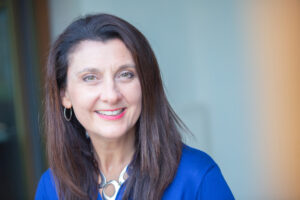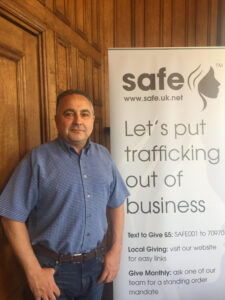
Nina Malone is the founder of Dope Black Mums, which was set up to support black mums and the challenges they face – from higher-than-average maternal death rates to racism.
The mum-of-two was sexually abused by older children from the age of around six. She shared her story in an interview with Clare Davis of Nova Associates , who is campaigning for greater awareness of sexual assaults in schools. The interview was part of a free Mental Health Chats series.

While the physical injuries have healed, Nina said the shame and guilt have had a long-lasting impact.
Shame and self-blame
The model and mentor said: “Shame and guilt have left a deeper scar than any physical injury. I constantly think I’m not worthy and blame myself for what happened, even though I was only a child and didn’t understand what was happening or how to voice it.
“It was told it was just a ‘game’ and I also played the events down as a coping mechanism. It was only when I was a teenager and I realised I knew more about sex than my peers did I understand that what had happened to me was wrong.
“I told my mum once I found the language to express it and she was very supportive, though obviously saddened by it.
“I was completely uninterested in boys at school and the abuse I experienced as a child continued to affect my relationships as an adult.
“It’s also massively affected my self-esteem, which has shaped my entire life – from going for promotions to standing up for my rights.”
Susceptible
Nina has been the victim of multiple attacks and believes she may have been susceptible because she struggled to speak out or trust her own judgement.
She said “I’ve been in uncomfortable situations and the same pattern of behaviour seems to play out. I ignore red flags and my gut instincts – it’s like I don’t trust my judgement and don’t want to cause a scene, so I fail to react.”
She was assaulted on a bus as a teenager but did not say anything until weeks later. While she believes it helps to report an incident immediately, she knows it can be difficult to do so.
She said: “I felt morally irresponsible for not reporting the assault sooner. But I had to build up the strength just to physically walk into a police station.
“I had this story in my head that sexual assaults are hard to prove, women are seen as ‘asking for it’ and that it generally won’t be taken seriously.
“I think times have changed and I hope the younger generation feel more empowered to speak out.”
Studies have found those sexually abused as children show an increased likelihood of being revictimized later in life. It may lead to Post Traumatic Stress Disorder (PTSD), which could affect future reactions to trauma.

John Piekos, a former senior detective who set up the charity Safe and Free to tackle child sexual exploitation (CSE) and trafficking, said: “Vulnerability doesn’t end as soon as a person is no longer abused, exploited or trafficked. Damaged by their experience, they may become vulnerable to be singled out and targeted again.
“I have seen that people develop coping mechanisms after traumatic abuse experiences which may lead to resigning themselves to a threat, unable to speak out or seek help. Sadly, we have worked with people who have been repeat victims and ended up in similar situations time and time again. It’s as if they have been conditioned to accept it.” But he points out that no one is immune from vulnerability and exploitation.
Educating children
Nina became ‘devastatingly sad’ as her own children grew up – recognising how innocent and vulnerable she was at their age.
Nina, who wants to help protect children, said: “We have to be careful what messages we send our children. They shouldn’t have to hug people they don’t want to or do things which makes them physically uncomfortable.
“We should encourage them to trust their instincts and we, as adults, should look into any warning signs. If someone physically attacked us or our children, we would look to protect ourselves and not worry about appearing rude.
“The same applies for any red flags – we shouldn’t ignore them just because we can’t quite put our finger on it or for the sake of politeness.”
Empower
Nina believes we should speak openly with children about body parts, particularly those which should be private, and speak about consent in an age-appropriate way.
She said: “Perpetrators are not usually some shady character in the park. They are most likely someone you know who will have access to your children.
“If they are at an age where they may have sleepovers, let them know that you will come to get them wherever they are and no matter what the time.
“Let children know that no one has any right to touch them against their will. Encourage them to speak with you and empower them to say no if they feel uncomfortable in any way.”





